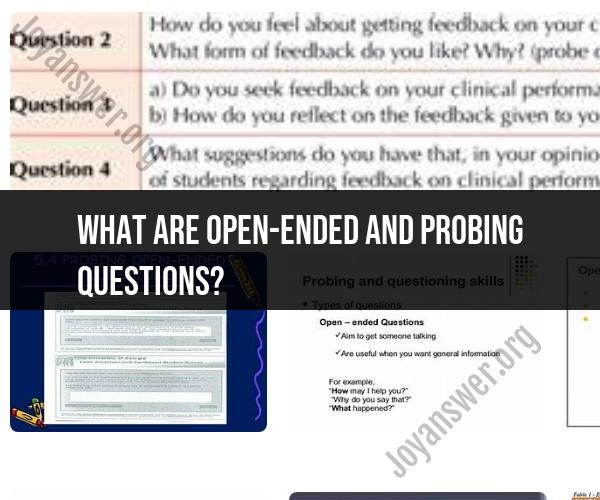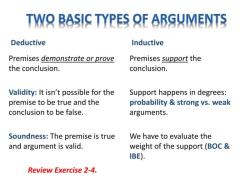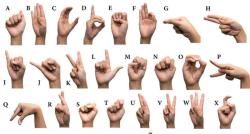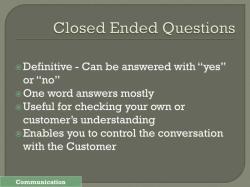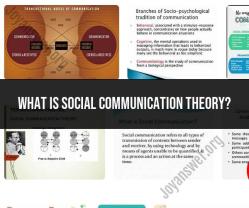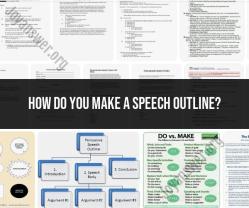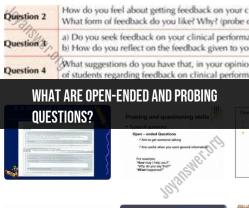What are open-ended and probing questions?
Open-ended questions and probing questions are types of questions used in communication and conversation to gather information, encourage discussion, and explore a topic more deeply. They serve different purposes and have distinct characteristics:
Open-Ended Questions:
Definition: Open-ended questions are questions that do not have a specific answer or can't be answered with a simple "yes" or "no." Instead, they invite the respondent to provide a detailed and often subjective response.
Purpose:
- Encourage elaboration: Open-ended questions encourage people to share their thoughts, feelings, and experiences in their own words.
- Promote discussion: They foster conversation and dialogue by inviting extended responses and promoting active engagement.
Examples:
- "Tell me about your experience with the project."
- "How do you feel about the recent changes in the company?"
- "What are your thoughts on the current political climate?"
Characteristics:
- Typically begin with words like "what," "how," "why," or "tell me about."
- Require more thought and reflection in responses.
- Often lead to longer, more informative answers.
- Encourage individuals to express their opinions, perspectives, and emotions.
Probing Questions:
Definition: Probing questions are follow-up questions designed to dig deeper into a particular topic or response. They are used to gather more detailed information or clarification.
Purpose:
- Gain deeper insights: Probing questions help uncover additional details, reasons, or explanations related to a previous response.
- Clarify ambiguity: They seek to clarify any unclear or vague statements made by the respondent.
Examples:
- "Can you give me an example of that?"
- "Why do you think that happened?"
- "Could you elaborate on what you meant by that?"
Characteristics:
- Often come after an initial response.
- Aim to explore a specific aspect or aspect of the answer.
- Encourage the respondent to provide more context or specifics.
- Facilitate a deeper understanding of the topic or issue under discussion.
In practice, open-ended questions are often used to initiate a conversation or gather initial thoughts, while probing questions are employed to delve further into specific areas or seek clarification when necessary. Both types of questions are valuable tools for effective communication, active listening, and promoting meaningful dialogue in various settings, including interviews, meetings, counseling sessions, and everyday conversations.
